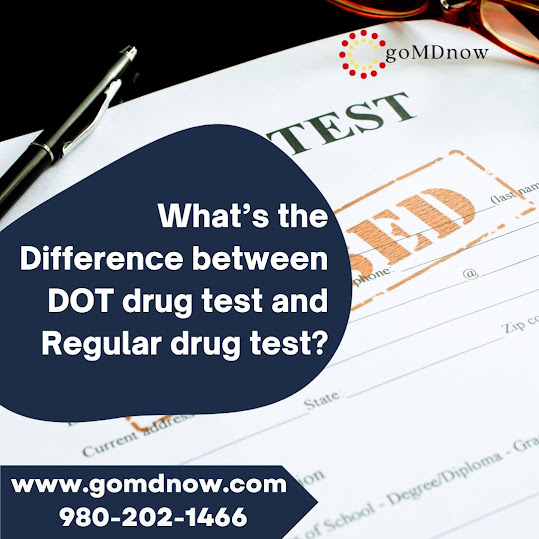Compliance 101: Federal Laws on Drug Testing in the Workplace
Drug testing is a common practice in many workplaces, especially in safety-sensitive industries However, drug testing is also subject to various legal regulations and restrictions, depending on the type of employer, the nature of the job, and the rights of the employees. In this blog post, we will explore some of the federal laws and guidelines that govern drug testing in the workplace, and what they mean for employers and employees.
The Drug-Free Workplace Act of 1988
This law requires federal contractors and grantees to implement a drug-free workplace program, which includes drug testing, education, and assistance for employees who have substance use problems. The law applies to any contractor or grantee that receives a federal contract of $100,000 or more or a federal grant in any amount.
Executive Order 12564
This order establishes a drug-free federal workplace policy for all federal employees, except those in the military. The order requires federal employees to refrain from using illegal drugs on or off duty and to undergo drug testing before hiring, after an accident, or based on reasonable suspicion. The order also authorizes random drug testing for employees in testing designated positions (TDPs), which are positions that involve national security, public health, or public safety.
Mandatory Guidelines for Federal Workplace Drug Testing Programs
These guidelines, issued by the Department of Health and Human Services (HHS), set the scientific and technical standards for federal workplace drug testing programs. The guidelines specify the methods and procedures for collecting and analyzing urine, blood, hair, saliva, or breath samples, the drugs and drug metabolites to be tested, the cutoff levels for positive results, and the quality assurance and quality control measures for laboratories and medical review officers.
Read: Why Choose a SAMHSA-Certified Lab?
DOT Procedures for Transportation Workplace Drug Testing Programs
These procedures, issued by the DOT, implement the drug and alcohol testing requirements for employees in the transportation industry. The procedures follow the HHS guidelines, but also include additional provisions, such as the testing for alcohol, the use of split specimens, the role of substance abuse professionals, and the consequences for violating the rules.
Suggested: How Trucking Companies can be DOT Compliant?
As an employer or an employee, it is important to know the federal laws that apply to your workplace drug testing program, and to comply with them accordingly. Failure to do so may result in legal penalties, lawsuits, or loss of federal funding.
goMDnow- Nationwide Federal Drugl Testing Services
Save your company from heavy fines by simply signing up with goMDnow or Call us at 980-202-1466 for free expert consultation.


.jpg)

Comments
Post a Comment